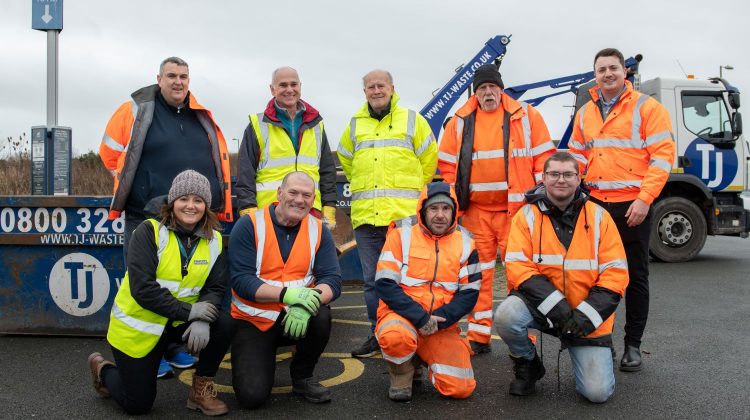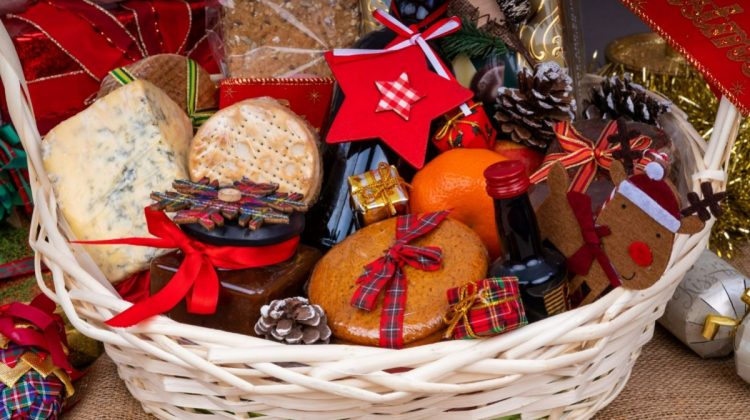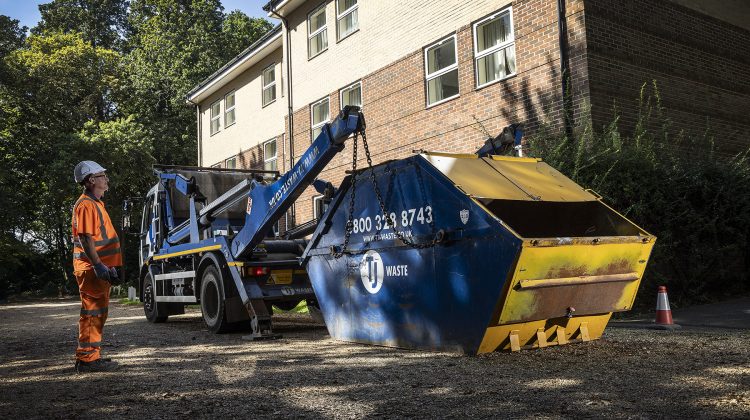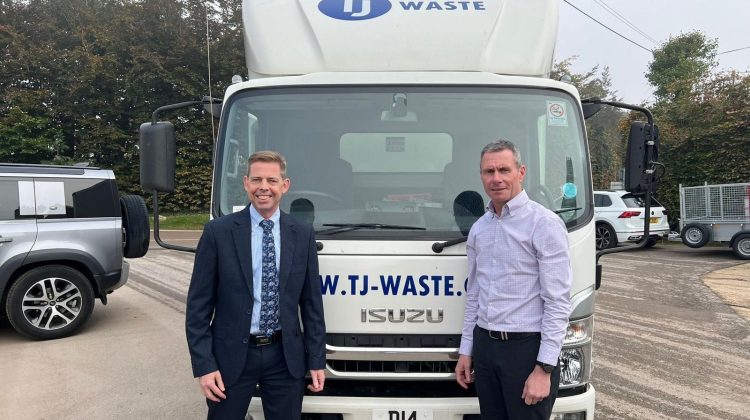Change your stored postcode to update prices for your location.
This week is Recycle Week 2023 (16-22 October)! Now in its 20th year, it’s the chance to celebrate recycling nationwide and encourage everyone to recycle more of the right things, more often.
Each year the aim of Recycle Week is to encourage and inspire children, families and communities to recycle more. This year’s campaign has two elements to it; the first is school-based to encourage the country’s children to partake in fun activities, and the second is a focus on local authorities, partners and brands to share the central message to increase engagement.
Recycle Week is organised by WRAP under the Recycle Now brand. The theme for 2023 is The Big Recycling Hunt – focusing on “missed capture”, identifying the items that can be recycled but are commonly missed in the home.
WRAP’s mission is to accelerate the move to a sustainable, resource-efficient economy by re-inventing how we design, produce and sell products, re-thinking how we use and consume products, and re-defining what is possible through reuse and recycling. WRAP works with governments, businesses and communities to deliver practical solutions to improve resource efficiency and they are world leaders in helping organisations achieve greater resource efficiency.
TJ processes all materials in line with WRAP protocol. TJ has four materials recycling facilities dotted along the south coast at Southampton, Portsmouth and Yapton, where all waste is taken to for sorting and onward recycling. These centres are staffed by experienced operators and drivers to ensure a first-class service.
TJ recycles up to 100% of the waste that comes through their doors, demonstrating their commitment to diverting waste from landfill. TJ’s extensive knowledge of a range of recycling centres in and outside of Hampshire helps make all this recycling possible.
TJ are dedicated to recycling in all its forms and partner with companies that are looking to improve their recycling rates or who have means of providing innovative new ways to recycle wherever they can.
Low levels of plastic recycling continues to be one of the biggest concerns in the recycling industry. In recent years TJ has formed partnerships with like-minded organisations to help facilitate plastic recycling and reduce plastic pollution.
The Final Straw Foundation is a charity whose work revolves around highlighting the impact of plastic pollution on our environment, local seas and wider oceans. TJ recently formed an official partnership with them and is happy to provide support to them as and when they need it. They’ve provided free waste removal for several beach cleans as well as emptying their huge plastic bottle bank – a metal fish called Nellie – when no one else would help.
Jude’s Ice Cream are one of TJ’s clients and when TJ established a new recycling process for certain types of plastics, they soon realised that Jude’s unwanted plastic ice cream tubs and offcuts would be ideal for it. The plastic ice cream tubs are made into a new product – pellets – which can be moulded into new plastic products. The latest equipment for recycling plastic materials is used in this recycling process to ensure that the highest quality products are maintained.
In 2020, TJ was pleased to secure a recycling route for mattresses, a product that had proved difficult to recycle in the past. We have a contract with a local organisation to dispose of large numbers of used mattresses each year, making the process easier as well as more eco-friendly.
What can be recycled in your household recycling bin will vary depending on where you live as different local authorities have different recycling facilities. Check what can be recycled in your area. The minimum that can be recycled is usually:
Some areas also offer food, garden and glass waste collection services too, and most residential areas have ‘bring banks’ for glass bottles and jars, and unwanted clothing, which can all be recycled or directed down Energy from Waste routes.
Be sure to only put things in your recycling bin that are recyclable in your area, otherwise you’ll be contributing to recycling contamination. Did you know – if too much contaminated material is collected, it potentially prevents the whole lorry load of material from being recycled!
Find out more about our commercial waste management services, and discover how we can help your business manage its waste, including all types of recycling…




Change your stored postcode to update prices for your location.